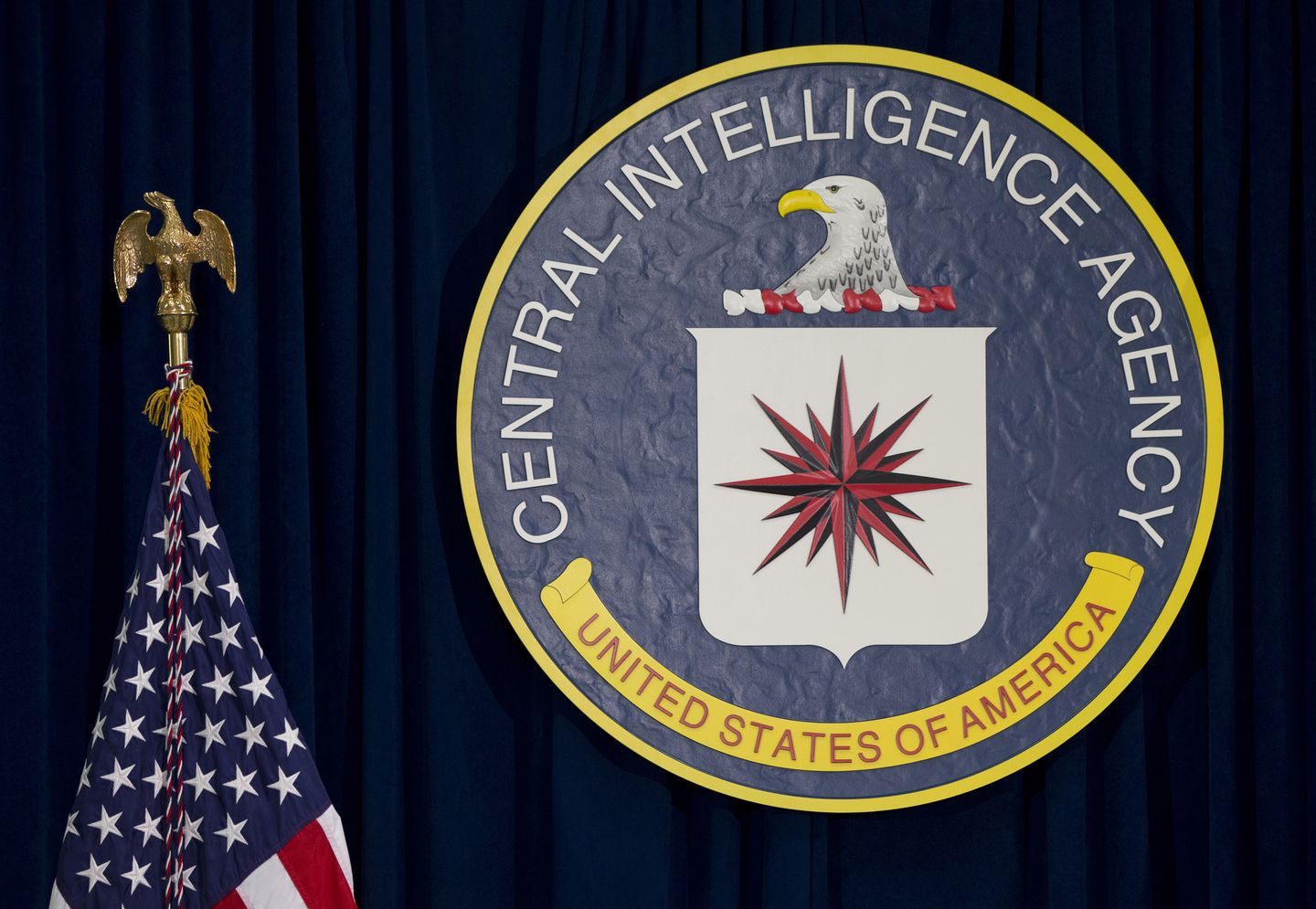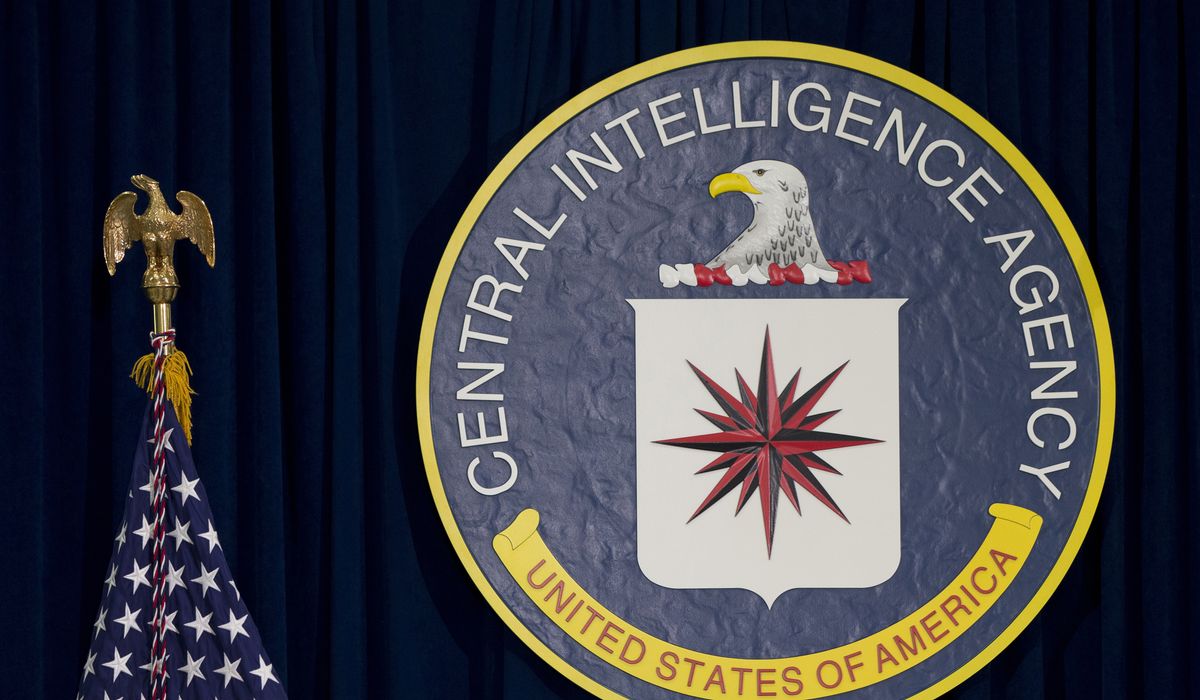

President Biden’s pick to be the CIA’s most senior lawyer did legal work in the past for a large, Chinese Communist Party-linked pharmaceutical company, according to congressional documents and testimony.
Kate Heinzelman, the CIA general counsel nominee, did not initially disclose her work for the pharmaceutical firm known as WuXi App Tec Co., Ltd. but later confirmed the work in response to written questions from Sen. Marco Rubio, vice chairman of the Senate Select Committee on Intelligence.
At a hearing Wednesday, Mr. Rubio noted that Ms. Heinzelman is one of several qualified Biden administration nominees who worked for Chinese government-linked companies in the past and who are now seeking sensitive positions in government.
In written answers to policy questions posed by the committee, the CIA general counsel nominee did not at first disclose the legal work for WuXi as a partner for the Washington law firm Sidley Austin. She stated that the firm had worked for 17 foreign government-linked firms, including at least one from China.
In response to pre-hearing questions from Mr. Rubio, Ms. Heinzelman said she did about 10 hours of legal work consulting for the Chinese company. Asked why she did not list the company in a committee questionnaire about private sector work related foreign government-controlled companies, Ms. Heinzelman said she was not aware that WuXi App Tec. Co. was a foreign government-controlled entity.
Mr. Rubio said WuXi’s parent company is Wu Xi Biologics, a firm that is described in Chinese state media as the Huawei Technologies of China‘s pharmaceutical sector, with “connections to China‘s Communist Party-state.” Huawei is considered one of China‘s high-tech champions, with operations in 170 countries and a major share of the global telecommunications market.
Huawei has also been a target of U.S. government sanctions, based on concerns the company is gathering large amounts of data from Americans and others and potentially sharing it with Beijing’s intelligence agencies.
According to Mr. Rubio, WuXi App Tee Co. and Huawei reached a strategic collaboration agreement in 2016 focused on collection and use of medical data. The agreement also set up a cloud computing service to support a $9.2 billion Chinese government precision medicine plan.
Chinese intelligence, often with help from state-run companies, has targeted medical and health data on millions of Americans. In 2015, Chinese hackers breached networks of the health care provider Anthem, obtaining records on an estimated 60 million Americans.
WuXi also was involved in China’s “Thousand Talents” foreign expert recruitment program that has resulted in several prosecutions of U.S. academics that the U.S. government says hid or lied about their links to the Chinese program.
The Chinese pharma company also works for the Academy of Military Sciences, which is listed in the Commerce Department’s black list of companies. WuXi also works with a Chinese government program called the Western Returned Scholars Association, under the control of the Chinese Communist Party’s United Front Work Department, a quasi-intelligence agency.
Mr. Rubio said that WuXi’s 7,000 employees include more than 1,000 party members.
“Beijing has amassed the world’s largest collection of biodata, in part thanks to WuXi App Tee Co., LTD investments in the United States and Europe,” Mr. Rubio said.
During the committee hearing, Ms. Heinzelman said she specialized in health data and she was asked by the law firm to provide legal advice to WuXi.
Mr. Rubio, in his written questions, also asked Ms. Heinzelman about her work in co-authoring a publication with Christopher Fonzone, a former colleague at Sidley Austin who is now general counsel in the Office of the Director of National Intelligence. The nominee said she was not familiar with Mr. Fonzone’s legal work for Huawei Technologies and does not believe she billed legal work for any matter relating to Huawei.
Mr. Rubio said he has been troubled by the number of Biden administration nominees for both intelligence posts and other government posts “who have at some point done work on behalf of either the Chinese Communist Party [or] Chinese entities directly linked to the Chinese state.”
The pattern has been that highly-credentialed people work in government in national security positions and then leave and work for international corporate law firms. While working for the law firms, the former officials “end up representing or doing work on behalf of some state-controlled entities in China, representing them generally on matters such as helping them understand U.S. law,” Mr. Rubio said.
Later, the same former officials seek to rejoin government at senior levels.
“I really hope this administration is more sensitive about this in the months to come and in the future nominations that await,” Mr. Rubio said.
The cases show that it is difficult to find people for senior government positions who have not at some point assisted Chinese influence efforts.
Mr. Rubio has been tough on political nominees with links to China and Chinese firms in the past.
In 2018, the senator derailed the nomination of Susan Thornton to be assistant secretary of state for East Asian and Pacific Affairs, after it was disclosed Ms. Thornton blocked the FBI from arresting two senior Chinese officials caught pressuring a dissident in New York to return to China.
The State Department intervention in calling off the FBI arrests of the Chinese officials in May 2017 is said by critics to have contributed to an increase in Chinese intelligence operations in the United States
Ms. Heinzelman is a Democrat political appointee currently working in the office of Attorney General Merrick Garland. She helped vet candidates to join the Biden administration as part of the presidential transition team. Her previous government service included work in the Obama administration White House as a legal counsel.
Financial disclosures in committee questionnaires revealed Ms. Heinzelman made political donations to the Biden and Obama presidential campaigns, and to Hillary Clinton’s failed 2016 presidential campaign.
